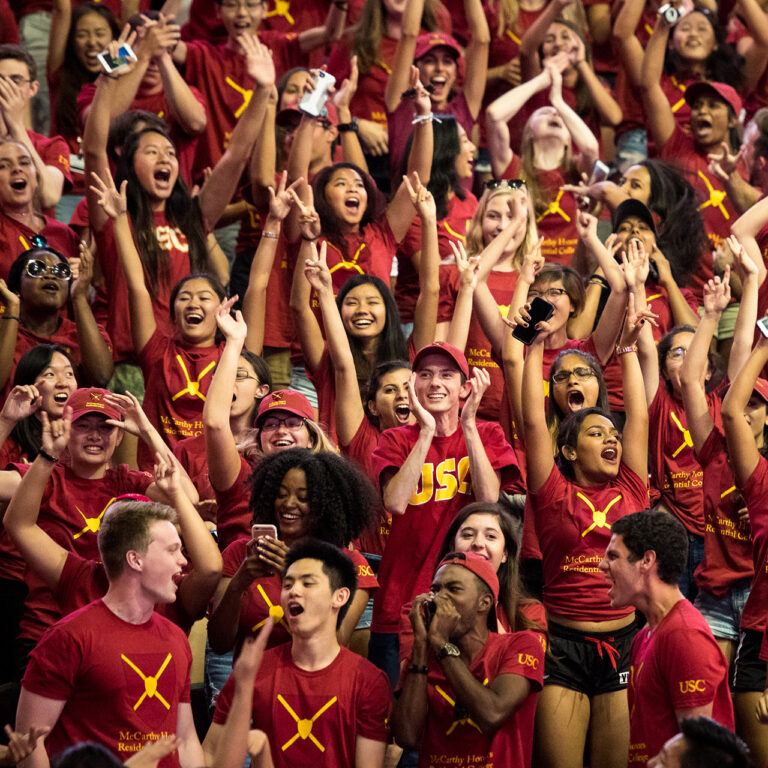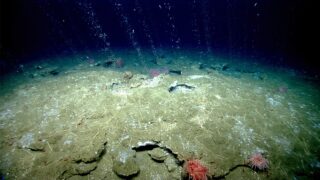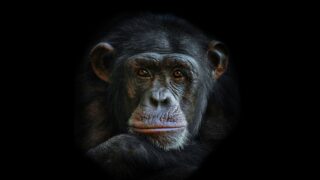USC junior Elizabeth Kunz works on the first floor of the Seaver Science Center, focusing on the hardware of quantum computing. (USC Photo/Stephen Gee) 
Science/Technology
Trojan undergrads spend summer immersed in life-changing research
USC students from various disciplines thrive during months of “uncompromised time” in labs under guidance of mentors.
There is nowhere else USC junior Elizabeth Kunz would have rather spent the bulk of her summer than on the first floor of Seaver Science Center, immersed in experimental quantum computing research.
“The thing about being here for the summer is that you get to take advantage of a lot more of the resources and attention that usually goes to PhD students,” said Kunz, a physics major at the USC Dornsife College of Letters, Arts and Sciences. “It has made me feel a lot closer to the research; I’ve really loved this summer.”
Kunz is among the many undergraduate students from various disciplines who have engaged in intensive research work since spring classes ended in May.
The summer months provide “uncompromised time” for undergrads to dive deeper into research and to work more intensely with mentors, according to USC Dornsife Professor Peter Kuhn, whose teaching and research also spans the Keck School of Medicine of USC and the USC Viterbi School of Engineering.
“It’s a unique opportunity for students to focus on their true passion,” said Kuhn, founding director of the Convergent Science Institute in Cancer within the USC Michelson Center for Convergent Bioscience.
“This deeper engagement is beneficial for both the student’s and mentor’s research. The student will have learned and practiced throughout the year and can then hit the ground running during the summer.”
Putting in a full day’s work
During her summer research, Kunz has been busy working on the hardware side of quantum computing and improving the simulation of superconducting circuits. She focuses on optimizing device designs to solve real-world problems that traditional computers can’t handle.
“I come in at 9 a.m. and I leave at 5 p.m., similar to a PhD student,” she said. “It feels like doing an internship. It’s not just the science itself, but it’s communicating that science and working with people who have different strengths.”
Kunz said her goal is to continue to do this same type of research for her own doctorate.
“I really do believe in quantum computing,” she said. “I’m very passionate about it, and I think the hardware is where we can make huge improvements.”
USC senior Ayla Seddighnezhad has put in similarly long hours in a lab at the Convergent Science Institute working on immune profiling of healthy human tonsil tissue using nanoparticles.
The goal of the research is to monitor disease progression and improve cancer outcomes long term.

“Coming in for long hours and on multiple days has been invaluable and allowed me to make an impact on the project,” said Seddighnezhad, who is concurrently earning a bachelor’s degree in human biology from USC Dornsife and a master’s degree in management of drug development from the USC Alfred E. Mann School of Pharmacy and Pharmaceutical Sciences.
Her work is part of the Bridge Undergraduate Science Program, a commitment of 30 hours per week for 10 weeks. The extensive lab time and hands-on research includes pairing with a faculty member and collaborating with a graduate student, postdoctoral fellow or staff member.
“My mentor has been just like a fountain of knowledge for me to learn from,” Seddighnezhad said. “The fact that I was in such close contact with someone with so much knowledge and who has been here for so long really taught me a lot about the biomedical engineering side of things.”
Personal sacrifices for professional growth
USC Dornsife senior Julian Moreno, a neuroscience major, spent the summer assisting with immunohistochemistry research in the Hires Lab. Its research focuses on technology development to aid in diagnosis and research within the cerebral cortex.
“My job is to ensure that the sensor we’re using, which is fluorescent, is homogeneously expressed throughout the entire brain,” Moreno said. “We want to ensure that all the data we’re collecting is accurate and reliable and not the result of there being more sensors in one area than another.”
Moreno began his research journey in the Hires Lab in spring 2024 and said he has developed essential skills since then that are helping to prepare him for medical school.

“Going into research was extremely scary because I had no background of what research was or how you conduct it,” he said. “Now, I have a collection of skills that I’m able to use. It makes me feel good knowing what I’m doing and knowing that I can do it well.”
His summer research project has also helped Moreno shape his priorities while at USC even if he’s had to sacrifice going out with friends.
“At the end of the day, I know it’s going to be worth it,” he said. “I’ve been able to grow not only as a scientist, but as a person as well. I feel like my entire purpose on this earth is to help contribute to society.”
The ‘favorite’ time to do research
USC Viterbi senior Ana Sanson Leon’s summer months have largely been spent inside the Dynamic Imaging Science Center (DISC).
“I didn’t know if I was going to like engineering research, but once I started, I loved it,” Sanson Leon said. “I think it’s pretty much what I want to do for the foreseeable future.”
She has been leading a study that replicates a toolbox that quantifies the distortions created by metallic implants in MRI so that doctors can better assess their patients.
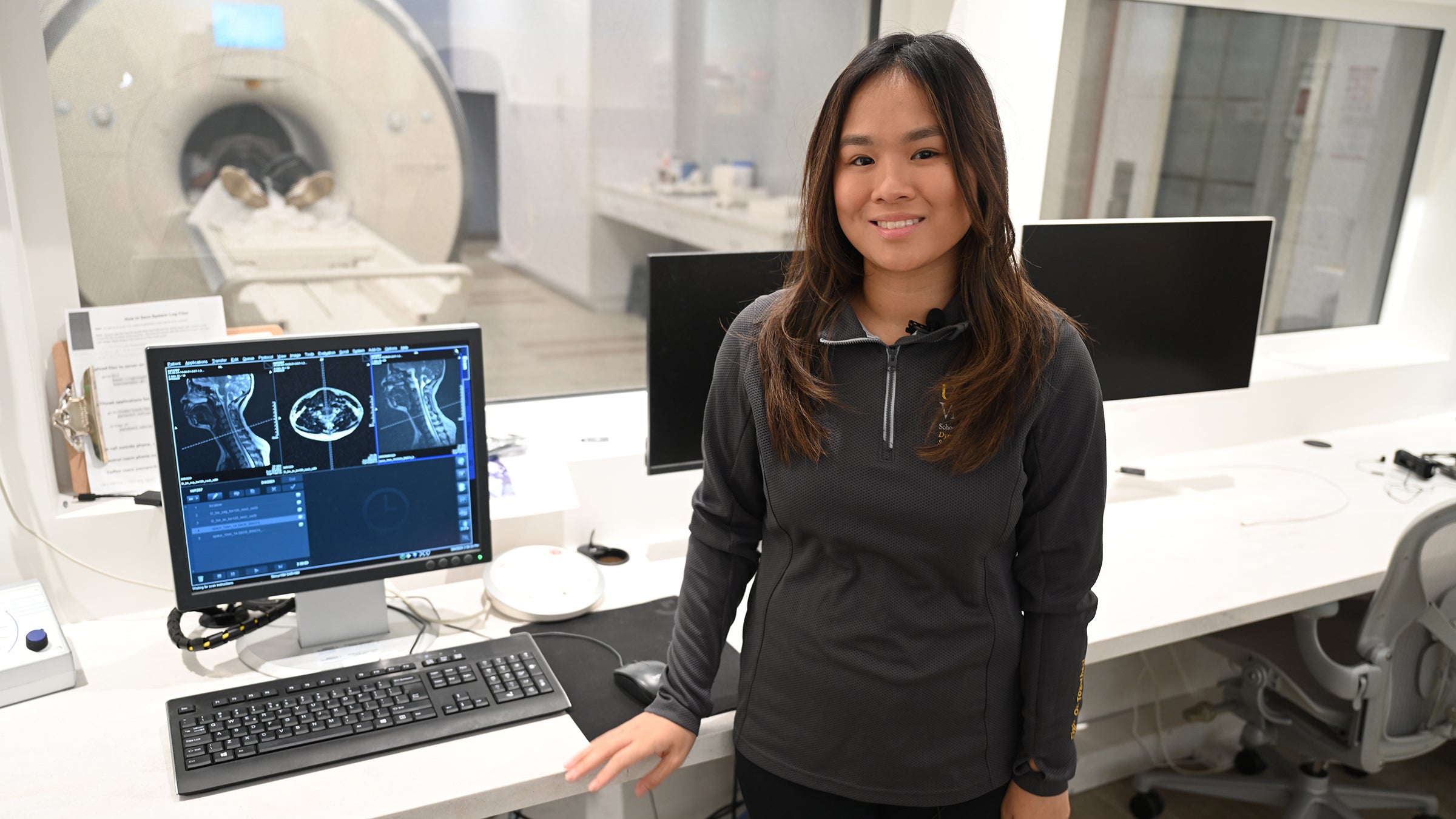
“You get at least two months that you can just completely focus on research,” Sanson Leon said. “Because of that, I have been able to finish this project. It gives me a great sense of accomplishment.”
Sanson Leon, who is studying electrical and computer engineering and computational neuroscience, said she feels grateful to her mentors and the people at DISC who have helped her this summer.
“My favorite time of the year to do research is summer,” she said. “Since I don’t have any other responsibilities in the summer, I am completely free to do research.”
Tiffany Wang, a senior majoring in human development and aging at the USC Leonard Davis School of Gerontology, has felt a similar freedom while researching the protein actin and its impact on aging.
“I have been able to really develop my own research project,” she said. “That ability to critically think and plan has been a really important skill that I’ve honed this summer.”
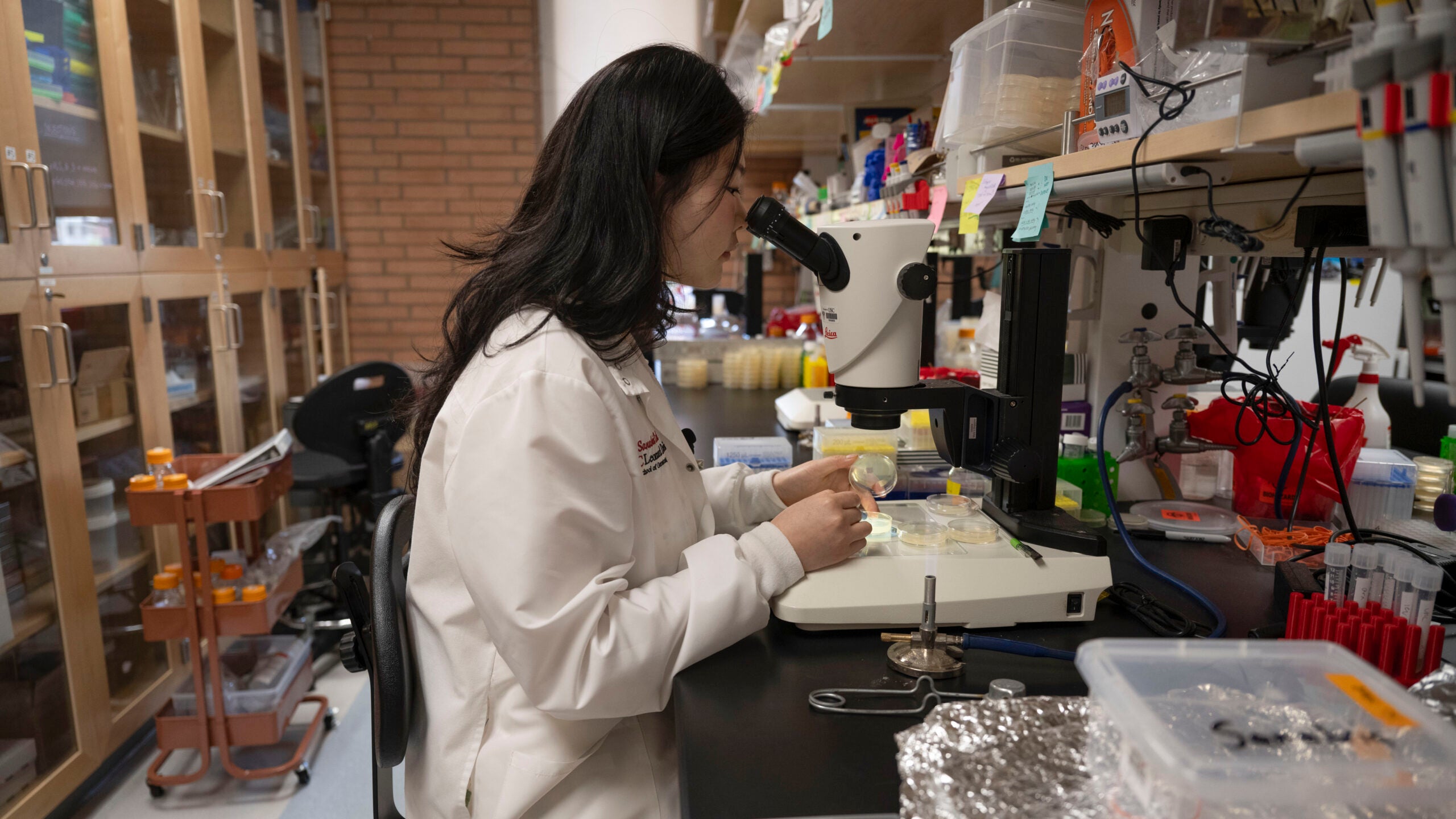
Wang’s research aims to explore pharmaceutical approaches to aging. Her desire to help older people stems from her close connection to her grandmother, who raised her while her parents worked.
“Most days, I’m behind a microscope checking on the worms, seeing if they’re alive, or seeing if they’re moving less,” she said with a laugh. “Sometimes it’s draining if your experiments don’t work out. But it also just shows how much effort goes into our research. It isn’t easy and takes a lot of self-discipline and dedication.”
